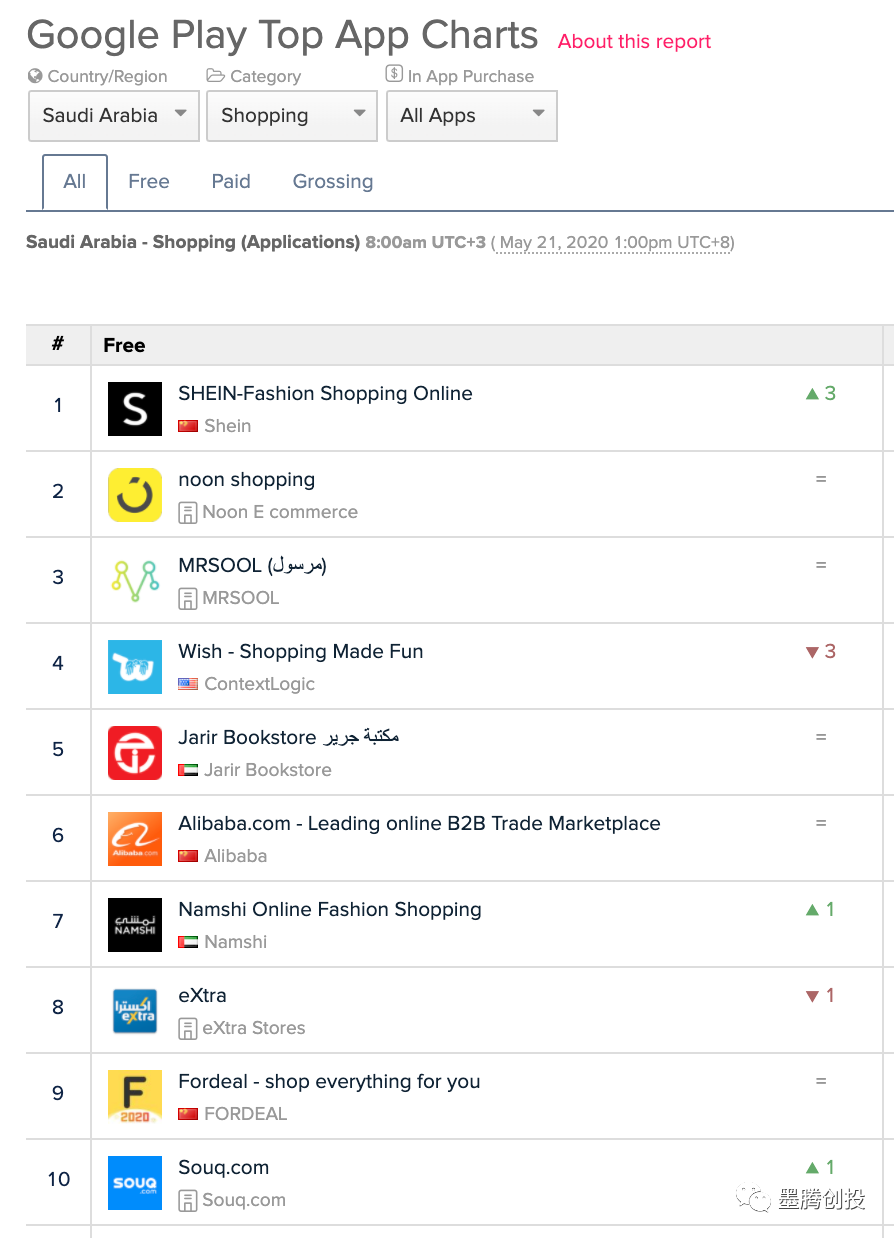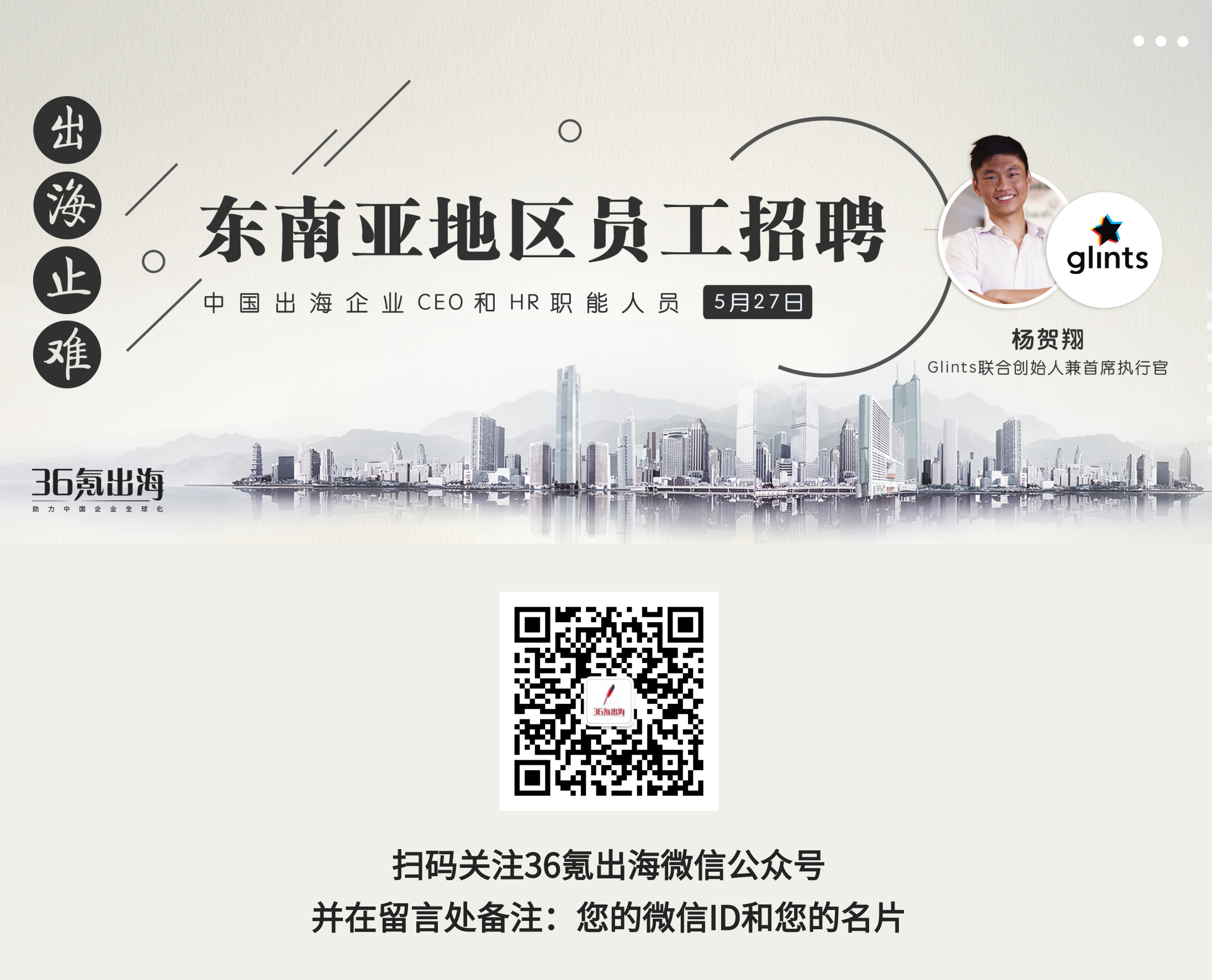Is the Middle East saturated for Chinese cross-border e-commerce?
Editor’s note: This article comes from the WeChat public account ” Moton Ventures “(ID: MomentumWorks) .
Just like 6.18 and Double 11 in China, the two most important promotions for e-commerce in the Middle East during the year are Ramadan and Black Friday (Black Friday, or local e-commerce called White 5 / Yellow 5). Domestic e-commerce platforms for the Middle East and large independent stations are often full of promotion.
However, for domestic cross-border e-commerce, the effectiveness of the Middle East promotion in recent years has declined for most people. On the one hand, users are inevitably tired of each big promotion, but on the other hand, competition is becoming more and more fierce-until the end of last year, there were still new sellers who believed in selling accounts and became new leeks.
Although no matter whether it is a traditional giant or an emerging logistics company, after a lot of investment, the peak season capacity is still insufficient. Of course, it is impossible to use the demand of the peak season to plan the annual logistics infrastructure investment-“dead” (industry people should know a lot of lessons). If it is not possible to effectively collect and utilize social capacity, it is estimated that the peak season will always be out of reach for small and medium-sized e-commerce companies. Although the issue of socialized capacity seems reasonable in Saudi Arabia, where unemployment is high, it is always another matter to really do it.
After the Black Friday in 2018, Moten raised such a problem, Is the Middle East saturated for cross-border e-commerce in China ?
Skinned Camel
This year, e-commerce happened to be an epidemic, and the situation has changed a lot. Some time ago, international oil prices fluctuated greatly. It seemed that Saudi Arabia ’s oil economy was about to collapse. Neon New City, which represents the 2030 vision in the desert, also had uncertain future.The news of a local tribe’s demolition of nail households (although the tribe seems to have nothing to demolish) was killed by the security forces.

Earlier this month, the Saudi government announced the cancellation of subsidies for civil servants and increased the consumption tax from 5% to 15% in July, which is higher than China ’s value-added tax.
Of course, difficulties are difficult, and money is still there. Despite the lack of earnings in the first quarter, the Saudi National Petroleum Corporation successfully borrowed money from the bank and issued a $ 188 billion bonus to shareholders with the Saudi government as the head. Now it seems that the Tsarist Russia has come to an end. If oil prices continue to rise next, Saudi Arabia estimates that it will continue to surrender.
e-commerce user habits
Although the unemployment rate has soared (in fact, it is not low), after all, Ramadan still needs to be celebrated, Eid al-Fitr is still to be celebrated, and the rice, oil and salt must be prepared. The offline shopping malls are closed, and the wholesale market is in depression due to consumption tax. A large number of necessities and non-essentials shopping needs were transferred online.
Iyad Kamal, chief operating officer of the local veteran logistics company Aramex and a veteran who has worked in this company for thirty years, believes that the outbreak is a historic opportunity for e-commerce in the Middle East. “I have never seen the entire supply chain turned upside down.”
In addition to supermarket groceries and medicines, e-commerce demand for fitness supplies, office supplies, kitchen utensils, etc. is skyrocketing. Some market research companies claim that the demand for e-commerce groceries in Saudi Arabia and Dubai has increased five-fold (although Moten’s colleagues have read this report and have always thought that this conclusion was taken from the head).
During the epidemic in contact with many ordinary people also fear from Cash on delivery (COD) was transferred to cashless payment . AramAccording to ex data, more than half of customers have switched from COD to cashless payment, including payment by credit card. Of course, this is also related to Aramex telling you that the government requires not to accept cash payments (but to complete the payment on the Aramex App):
The epidemic will continue for a while, and it is estimated that the habit of cashless payment has been cultivated.
Great Leap Forward in Local Ecology
In addition to the demand for necessities, local e-commerce companies also benefit from daily necessities and non-essential items due to cross-border problems. The large offline retailers are also transforming. Majid Al Futtaim, who previously represented Carrefour, acquired Rocket’s tepid Wadi, which now seems to be at least right.
Moten ’s friends in local logistics companies have been very busy and very happy recently. Including the taxi driver and the Pakistani food delivery brother after UberEats was cut off, they can come to deliver. Of course, it is not easy to coordinate all of this in the short term. However, this opportunity will be a leap forward anyway.
Perhaps, the e-commerce chain that local e-commerce and logistics companies have spent so many years creating in a trance has really been matured. Both Amazon and Noon have solved many problems in logistics and are running fast.
Unfortunately, Fetchr, who was rescued from a near-death state by a new shareholder consortium last year, has not yet mobilized the required 25 million US dollars of funds to start a new business.
Cross-border-SheIn Yiqijuchen
While the local e-commerce ecosystem is making a big leap forward, most Chinese cross-border e-commerce players are having a hard time. The first is that the number of flights has been greatly affected-directly causing cross-border cargo flow to become a bottleneck.
The only flight resources are quite limited, and it also has the responsibility of transporting a large amount of anti-epidemic materials. To ensure the stability of logistics, basically only rely on charter flights-and the current cross-border e-commerce in China that can ensure stable demand for charter flights, probably only SheIn.
As we mentioned earlier in 2018, only the low-key SheIn has grown steadily. This has not changed until now. It is estimated that the amount of one day may be combined by several other cross-border platforms. Good quality, fast style, and stable supply chain.
It seems that steady and slow work is a good way to work.
The following list should be more illustrative:


However, the market ’s staying power depends on the impact of the continued epidemic on employment rates and spending power.

On the 27th of this month, at 14 o’clock in the afternoon, going out to sea will hold the first phase [Going Out of the Sea | Overseas Employment] to share. At that time, we will invite senior HR experts to share with you the recruitment and employee management in Southeast Asia Experience and answer related questions.
